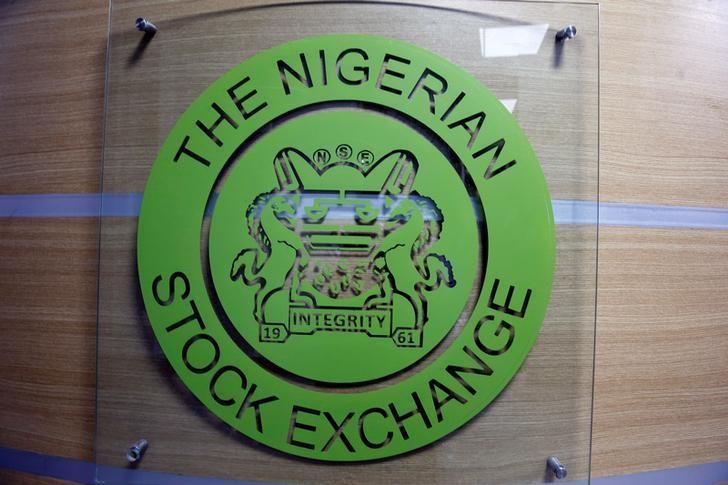Nigeria Plans Dollar Asset Listings To Ease Forex Woes For Firms
Nigeria’s stock exchange proposes allowing companies to list bonds denominated in dollars on the bourse, potentially expanding this later to stocks too, with the aim of easing their difficulty in accessing hard currency in Africa’s biggest economy.
Nigerian Exchange Ltd. is targeting the initiative at companies operating from the country’s special economic free trade zones and those earning foreign currency, according to Chief Executive Officer Temi Popoola.
“Our primary objective is to enable these companies to issue bonds denominated in dollars and eventually offer equity in dollars as well,” he said in an interview. “It could potentially address the challenges posed by fluctuations in foreign currency.”
Oil companies in Africa’s biggest producer of crude consistently cited getting access to the dollars they need for raw materials as their biggest challenge. Even an overhaul of the foreign-exchange market in June under the new administration of President Bola Tinubu, which led to a 40% depreciation of the naira to attract inflows, is yet to ameliorate the shortage.
Popoola couldn’t give a timeline for when the changes he floated will be implemented but said the willingness of the government to consider market reforms increased the prospect of success. Changes to listing regulations can be achieved in a “relatively short time,” he said.
Besides listing and issuing foreign-currency bonds, the bourse is working with the local Securities and Exchange Commission to amend regulations so selected companies can pay dividends in dollars, Popoola said.
“Given the proactive stance of the current administration, it is reasonable to anticipate that these objectives can be achieved,” he said.
The exchange, which has 151 listed stocks, is pursuing changes amid economic reforms by President Tinubu’s government to revive the economy. Other than easing foreign-exchange controls, Nigeria has also ended fuel subsidies that cost $10 billion last year and started overhauling farming to curb soaring food inflation.
Both retail and institutional investors have “substantial” amounts of dollars that domestic capital markets can tap to encourage more local listings.
“If the target companies cannot access dollars in our market, many of them may opt to list abroad,” he said.



Comments are closed.